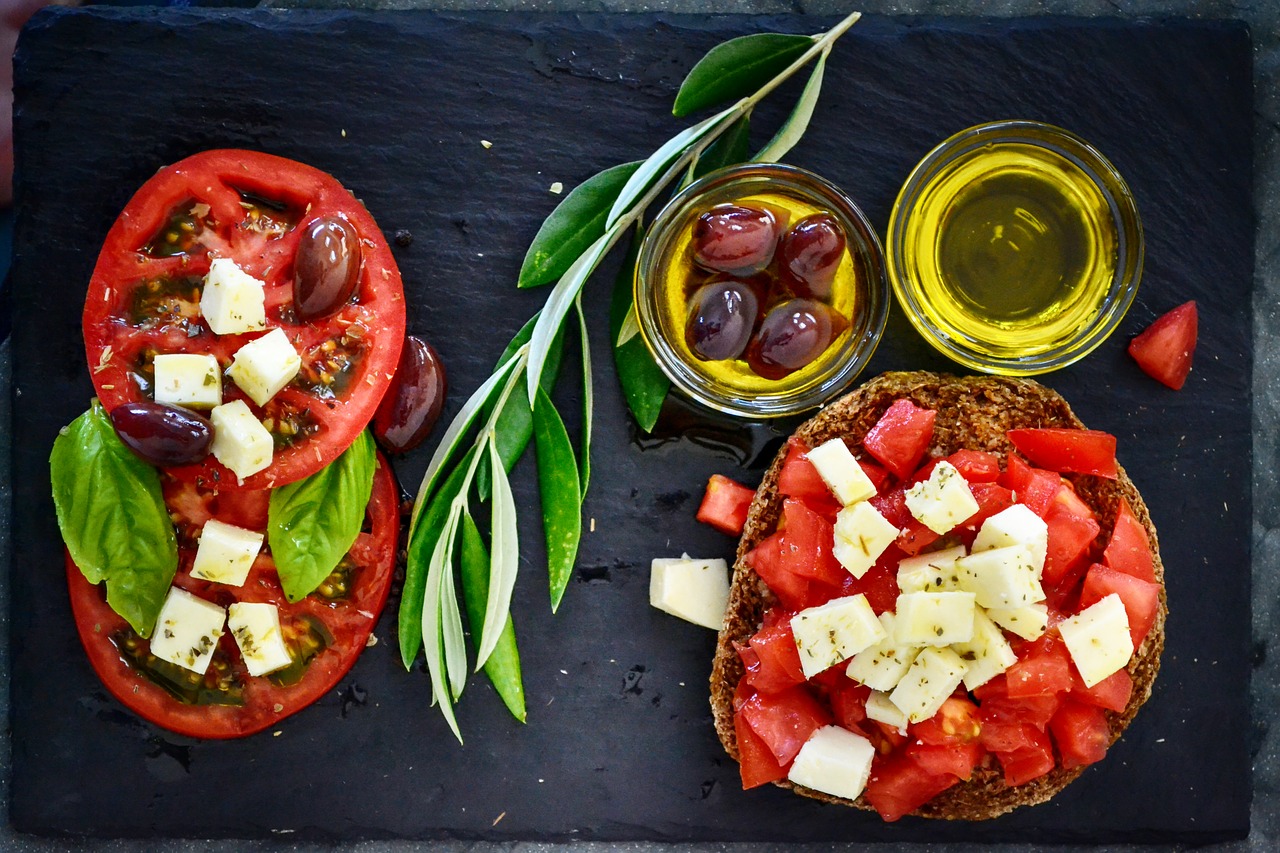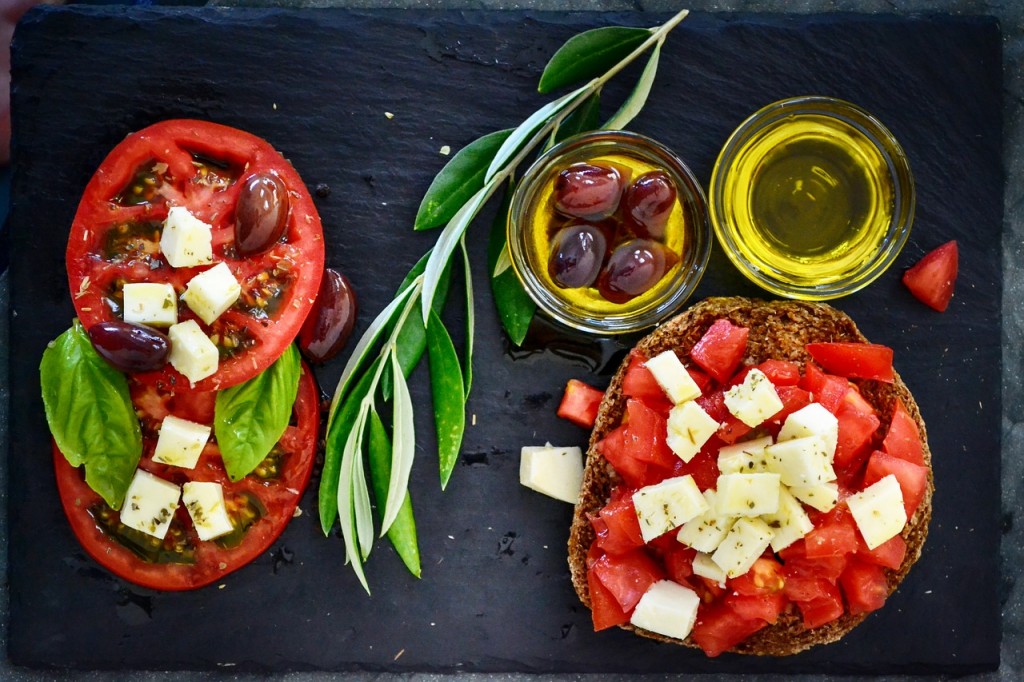I’ve spent the past four decades researching and refining the diet that I’ve found best supports health and healing. The Eclectic Triphasic Medical System (ETMS) approach to diet is based on traditional wisdom and supported by scientific research. It is sensible, balanced, diverse, nutrient-rich, and delicious.
In my last post, I addressed the currently popular ketogenic diet, which many people have adopted for weight loss. Other people pursue the carbohydrate-restrictive, fat-laden keto diet with the hope of curing cancer. Neither of these outcomes is supported by research.
Guidelines for the ETMS Diet: An Optimal Nutrition Plan
The primary guidelines of the ETMS diet are based on a pesca-flexa-vegetarian diet, which I describe in detail here: https://www.donnieyance.com/pesca-flexa-vegetarianism. Continue reading “The ETMS Diet: A Mediterranean-Inspired Diet Customizable for Optimum Health”







